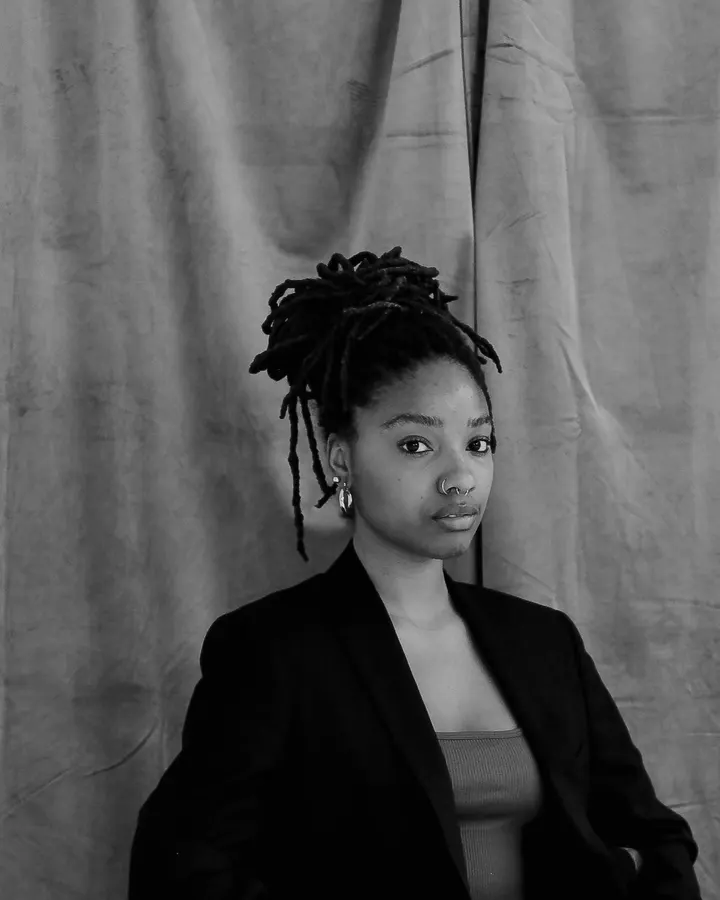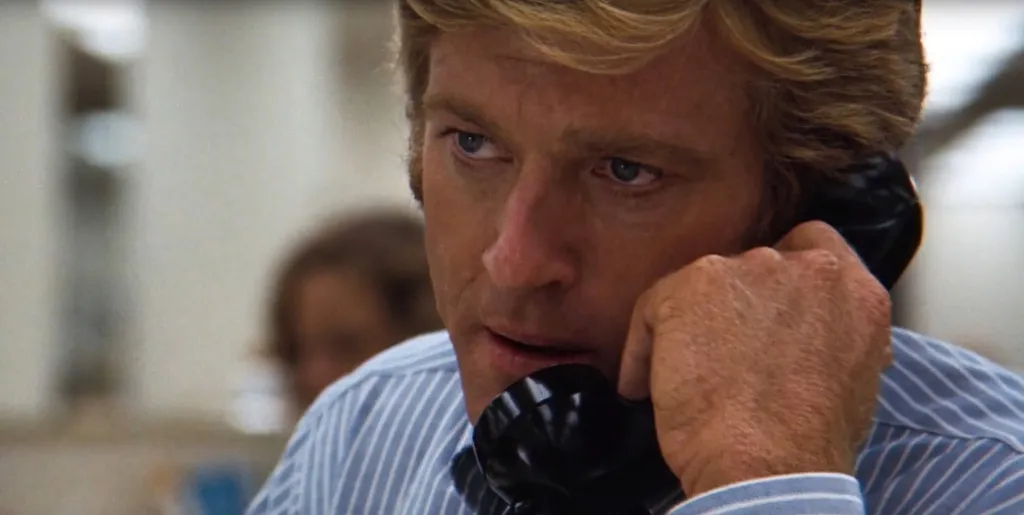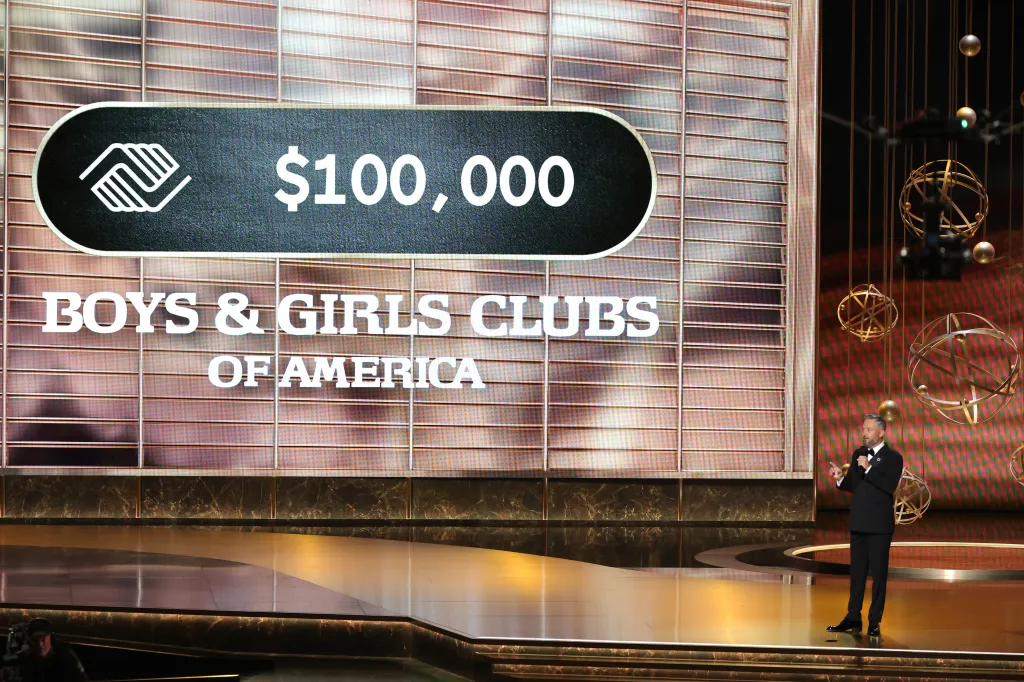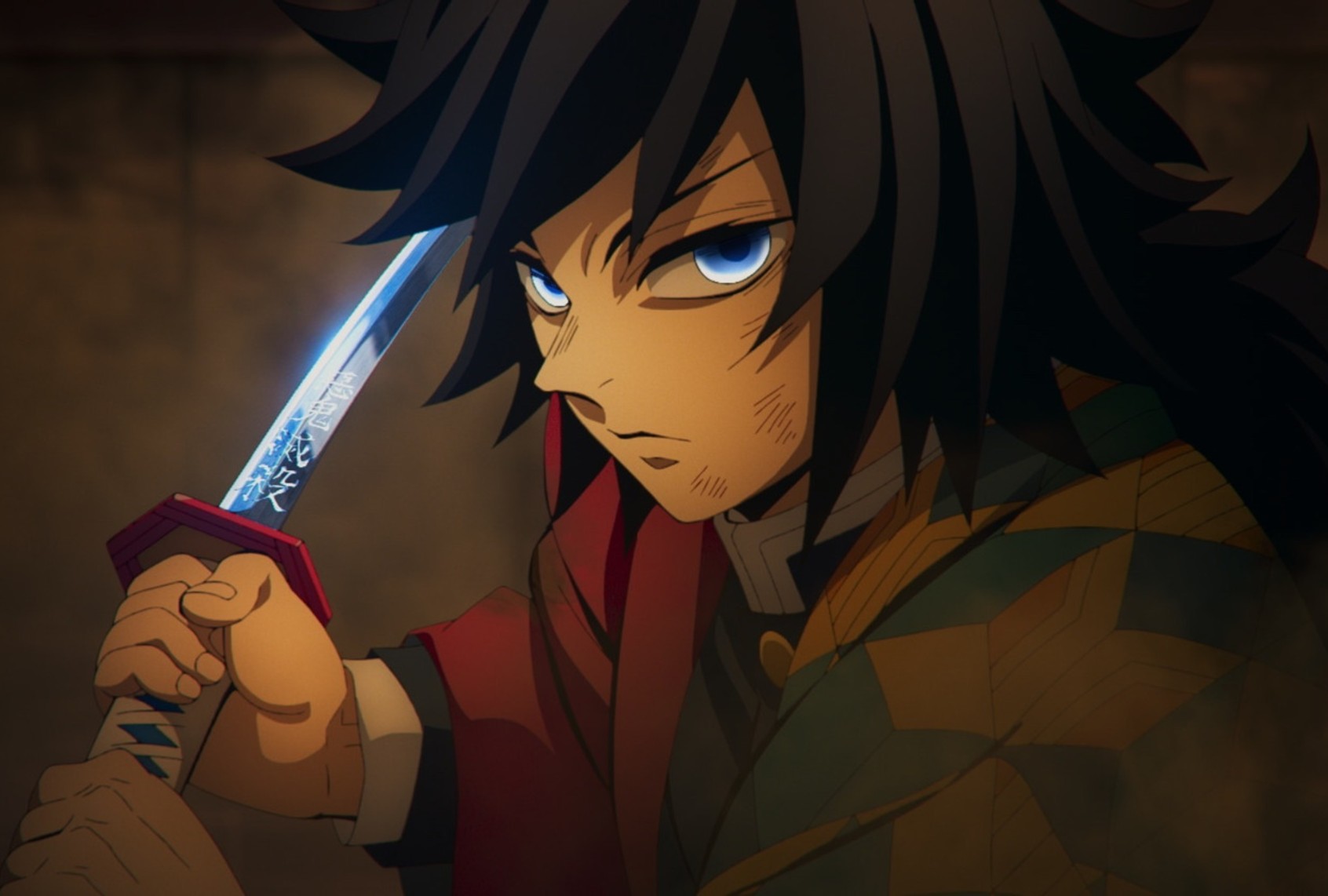By Contributor,Jasmine Browley
Copyright forbes

In the shifting landscape of the arts, Black and youngish-led ventures are carving out powerful new pathways. Nowhere is this more evident than through the trajectories of four distinct, visionary individuals, Khalil Kinsey, Brandi Davis, Mallory Raven-Ellen Backstrom, and Sea Armstrong—each harnessing art as a vehicle for equity, healing, and creative sovereignty.
Khalil Kinsey: A Legacy Rooted in Art and Community
Khalil Kinsey
@iamsuedewilliams
Raised amid the globally traveling Kinsey family, Khalil Kinsey’s early life was steeped in art and collection. At age 12, he famously outbid actress Sheryl Lee Ralph for a Phoebe Beasley watercolor—a moment that foreshadowed his lifelong commitment to Black artistic heritage. Today, as COO and chief curator of the Kinsey African American Art & History Collection, he has helped bring the exhibition to millions of visitors across dozens of venues nationwide.
Kinsey’s collaboration with GANGGANG on the BUTTER Fine Art Fair has become one of the most innovative models for equity in the art world.
Butter Arts Festival
Demel Bolden
“BUTTER is a new blueprint for what’s possible when you center Black artists,” Kinsey explained. “There’s no commission, no gatekeeping—the artists take home 100 percent. That’s revolutionary when you think about how traditional art fairs operate.” He sees the fair not just as an event but as a cultural movement: “When we do this work, we’re not just selling art, we’re shifting paradigms about who art belongs to and who gets to benefit from it.”
MORE FOR YOU
Since its launch in 2021, BUTTER has hosted dozens of Black artists each Labor Day weekend at The Stutz, selling hundreds of artworks and generating more than $1 million in sales, with more than 40,000 attendees. This summer, Kinsey expanded its reach by staging a Los Angeles edition at Context Projects, the gallery he co-founded. “Our goal is to scale impact without compromising integrity,” he said. “That means growing in a way that keeps the artists at the center and the experience authentic.”
Mallory Raven-Ellen Backstrom: Writing Trauma Into Myth
Mallory Raven-Ellen Backstrom
Mallory Raven-Ellen Backstrom
Mallory Raven-Ellen Backstrom is redefining what it means to be a playwright-entrepreneur. The only playwright in the world creating original romantic-fantasy fairy tales for adults on the American stage, Backstrom blends cottagecore aesthetics with shadow work and mythology. Her award-winning play Cephianne’s Reflection was three years in development at Chicago’s Goodman Theatre, but after delays, Backstrom nearly self-produced before the play won the prestigious L. Arnold Weissberger Award. “It becomes a Sisyphean experience where without the agent, you can’t get read. Without the production, you can’t get the agent,” she said, noting that the win was a breakthrough moment after years of navigating theatrical gatekeeping
Backstrom is determined to retain control of her intellectual property, pushing for unconventional negotiations with Concord Theatricals: “Most playwrights do not franchise, but I’m going to. If Cephianne is going to be a novel, or a candle, or a body butter, I don’t want to owe you all 50% of any of that enterprise.”
She has also built her own immersive ecosystem, producing audiobooks and prequels during the pandemic to keep actors employed and audiences engaged. “Funding your own work is the only way that you will continue to find work, especially if you are doing something that has not been done before,” she explained. For Backstrom, this is about more than art—it’s about accessibility: “A busy woman of color with multiple children is going to struggle to find 60 extra dollars to go to the show. How do I make this story accessible to that woman? I’ll write the novel. I’ll make it into an audiobook. I will hit you where you are.”
Sea Armstrong: Navigating the Indie Film Frontier
Sea Armstrong
Sea Armstrong
For independent filmmaker Sea Armstrong, the challenges of financing and distribution have led to radical creativity. At the beginning of the year, she wasn’t getting accepted into any festivals, so she created her own. “I said, you know what? F it. I’m going to create an opportunity for myself to share this work with all of you,” she said of And Other Suns, the festival and screening series she launched to spotlight her work and that of her peers.
Her films are meditative explorations of survival, ecology, and the interior lives of Black women. “I define survival for myself and in my work as having the ability to maintain a sense of full embodied existence,” she explained. “That means being able to embody full rage and also have pleasure and joy in your life. Sometimes we only get to experience that in pieces, in nuggets, but those moments matter.”
Financing these projects has been a lesson in perseverance. “You’re piecing together grants, crowdfunding, private investors—and every dollar comes with a conversation about creative control,” Armstrong noted. She emphasized that her approach is to write budgets that allow her to “pay my crew fairly, even if it means doing fewer projects each year.”
Her production house, Ancient Well Productions, has big plans ahead. “What I like to describe us as is Saint Heron meets A24,” she told me with a smile. “We are both a production house and a culture studio. Our next project, Boi Baby, will be shot in Trinidad and explore cocoa farming, chocolate production, and how our resistance to emotional vulnerability mirrors our extractive relationship with the Earth.
Building Ecosystems, Not Just Careers
Together, Kinsey, Davis, Backstrom, and Armstrong are modeling what it looks like to turn passion into infrastructure. They’re not only pushing their respective mediums forward but also making space for others to thrive. Whether through equitable sales models, corporate-backed cultural investment, reimagined mythologies, or independently produced films, these Black, young, arts entrepreneurs are proving that creativity can be both radical and sustainable.
Editorial StandardsReprints & Permissions



